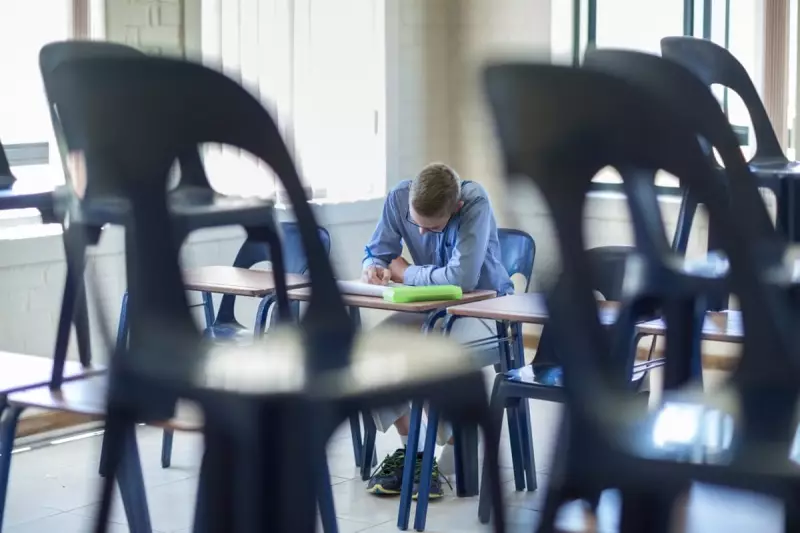
As exam season looms over households across Britain, a revolutionary approach to parental support is gaining traction among education experts. The traditional method of constant monitoring and pressure is being challenged by what some are calling the 'hands-off' strategy.
Why Less Might Actually Be More
Educational psychologists are increasingly advocating for parents to step back during crucial exam periods. Rather than becoming revision taskmasters, evidence suggests that creating a calm, supportive environment without micromanagement yields better results.
"When parents constantly check on revision progress or quiz their children on facts, they inadvertently transfer their own anxiety," explains Dr. Eleanor Vance, an educational psychologist. "This creates additional pressure that can hinder performance rather than help it."
The Science Behind Stepping Back
Research indicates that students who feel trusted to manage their own revision schedules develop stronger self-regulation skills. This autonomy not only benefits their immediate exam performance but builds crucial life skills for higher education and beyond.
Key benefits of the hands-off approach include:
- Reduced anxiety and stress levels in students
- Development of independent learning skills
- Improved parent-child relationships during stressful periods
- Better long-term academic resilience
Practical Strategies for Supportive Distance
This doesn't mean complete detachment. Effective support looks different from traditional methods:
- Create the right environment: Ensure they have a quiet, comfortable space to study rather than dictating their schedule
- Focus on wellbeing: Provide healthy meals and encourage breaks rather than constantly asking about revision progress
- Be available, not intrusive: Let them know you're there if needed, but don't force conversations about exams
- Trust their process: Remember that different students have different effective study methods
When Intervention Becomes Interference
Many well-meaning parents cross the line from support to pressure without realising it. Constant questions about revision, comparing their child's efforts to others, or expressing disappointment over mock results can all contribute to performance anxiety.
"The most damaging thing a parent can do is make their child feel that their worth is tied to exam results," notes Dr. Vance. "This term, consider focusing on their effort and resilience rather than predicted grades."
As thousands of British students prepare for their GCSEs and A-levels, this evidence-backed approach offers a refreshing alternative to the high-pressure parenting model. Sometimes, the most supportive thing you can do is trust that you've already given them the tools to succeed.





